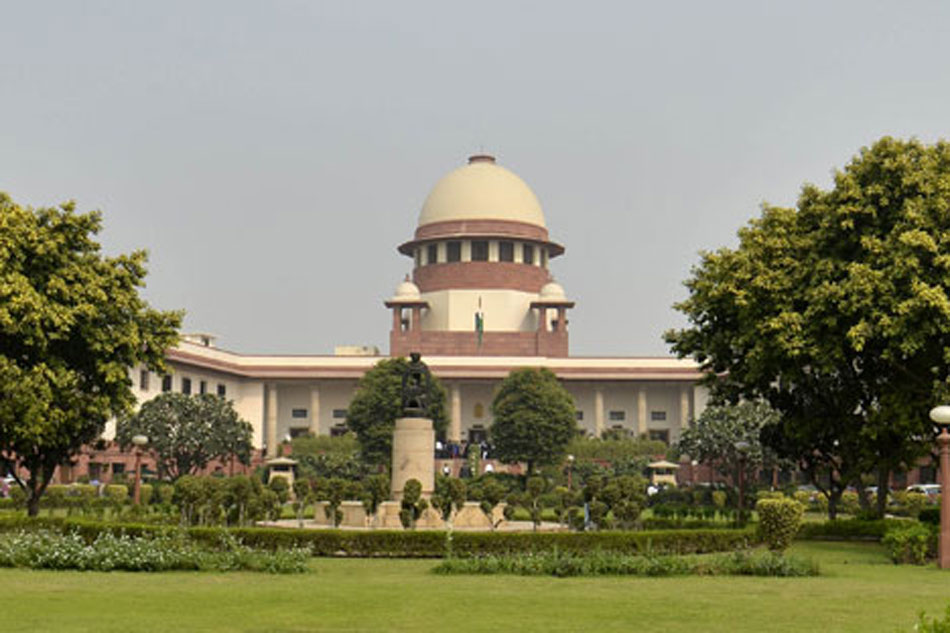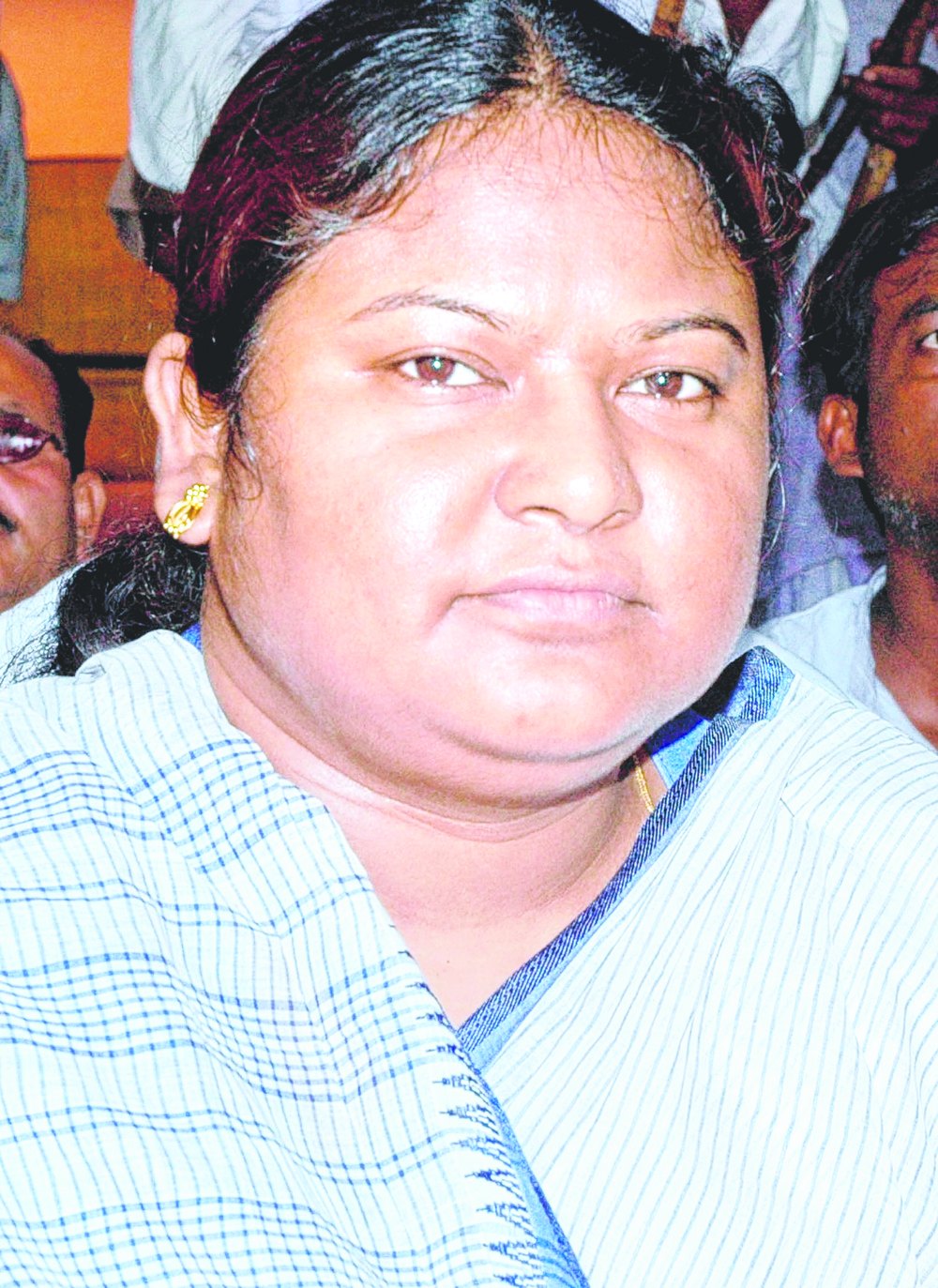The Supreme Court on Thursday referred to a “larger bench” the question whether a legislator enjoys immunity from prosecution for accepting bribes to vote in Parliament or an Assembly.
The larger bench could have seven judges as the earlier one that had ruled on the issue had five judges.
The five-judge constitution bench had by a 3:2 majority in the 1998 P.V. Narasimha Rao versus CBI case held that MPs and MLAs enjoy immunity from criminal and civil proceedings for their actions while discharging legislative duties, including for taking bribes to vote in Parliament or an Assembly.
While Article 105(2) grants immunity to MPs, Article 194(2) extends the shield to MLAs.
A three-judge bench of Chief Justice Ranjan Gogoi and Justices Abdul Nazeer and Sanjiv Khanna on Thursday made the reference to a “larger bench” while dealing with an appeal filed by Jharkhand Mukti Morcha MLA Sita Soren challenging a Jharkhand High Court judgment that had refused to quash the cognisance taken by a CBI court in a case of bribery during voting to elect a candidate to the Rajya Sabha in 2012.
The CBI had alleged that Sita, daughter-in-law of JMM founder Shibu Soren, had accepted bribes on the promise of electing an Independent candidate to the Rajya Sabha, which amounted to corruption under the Prevention of Corruption Act, but voted for her own party candidate.
Sita had sought quashing of the case and challenged the 1998 findings. In that case, MP Ajit Singh had accepted money to vote in favour of a no-confidence motion in Parliament against the Rao government, but did not do so. By not voting, the Supreme Court felt, Singh had lost the immunity provided for acts performed while discharging legislative duties.











